The BURN
Feel the BURN
Push through the BURN!
Embrace the BURN!
BUUURRRRNNNNNN!
I have a couple of real problems with ‘the burn’. First, it is just plain incorrect. Second, it’s connotations do not motivate- for most people, this word does the opposite.
To my first point, the term ‘burn’ is commonly applied to a by-product of anaerobic metabolism- lactate. When we are at rest, we produce lactate at a rate that we can comfortably manage, so the blood lactate concentration stays low, and stable. As we start to move with increasing vigour, we produce lactate at an increasing rate- as a result our blood lactate levels start to elevate. As the intensity continues to increase, as does our blood-lactate concentration, and accordingly, so does our heart rate and breathing rate (to help process and clear the lactate). As this is happening, chemoreceptor nerves in our muscles are detecting this, and communicate this up to our brain. Our brain is constantly evaluating this situation and making determinations as to what should be done.
At no point in this process are our muscles ‘burning’. There is no tissue damage occurring. The term burn is just plain wrong, like ‘slipped disc’, or ‘bone-on-bone’. Lactate ‘burns’ our muscles in the same way that sliding into a beautiful warm bubble bath burns our legs- it doesn’t!
All that is happening is exactly what should be happening. We are experiencing the wonderful, complex, automated machinery of our body responding to an increasing workload. Anaerobic metabolism, and the associated increase in lactate production that results is a vital physiological skill that we possess. So why do we tag it so negatively?
This brings me to my second problem with ‘the burn’.
If I told you that I like to hold lit matches against my skin because I loved the way it burned, you would likely be a little concerned, right?
If you do not enjoy the ‘burning’ sensation in your thighs as you hike up a steep hill, I think that is completely reasonable and rational. Yes, there are those in the ‘fitness-set’ that just loooovvveee the burn, but exercise is used by some as an act of self-flagellation- a punishment for some perceived transgression. Many of these people work in the fitness industry. This is a whole other thread that I won’t pull for now.
When I hike up a hill my legs don’t burn. Yes, my leg muscles produce increasing quantities of lactate, I just don’t call it burning. I feel a deep warmth, like a warm bubble bath- or a therapeutic deep tissue massage. Alternatively, I just feel the expected sensations that indicate my body is doing exactly what it should be doing. My leg muscles should be producing lactate, my nerves should be sensing this, my heart rate should be elevated and my breathing should be faster and deeper. Systems check- everything appears normal Captain!
The term ‘burn’ is a construct that was created, and has been perpetuated by my industry. It implies that in order to get fitter you have to be tough enough to endure that pain- no pain no gain, right? This message is bullshit- my industry has failed spectacularly by promoting this narrative.
It is a narrative- one that you have the power to alter. It takes practice, but in time you can learn to enjoy the sensations created when you hike up a hill, or lift weights at the gym, or ride your bike to work. Burn ‘the burn’, and let something more true grow in its place.
Would you like to re-assess your health behaviours and identify what you need to work toward over the coming year?
Our scorecard is a quick and simple questionnaire to help you do this.
Take The Scorecard Here
It’s free and only takes 7 minutes


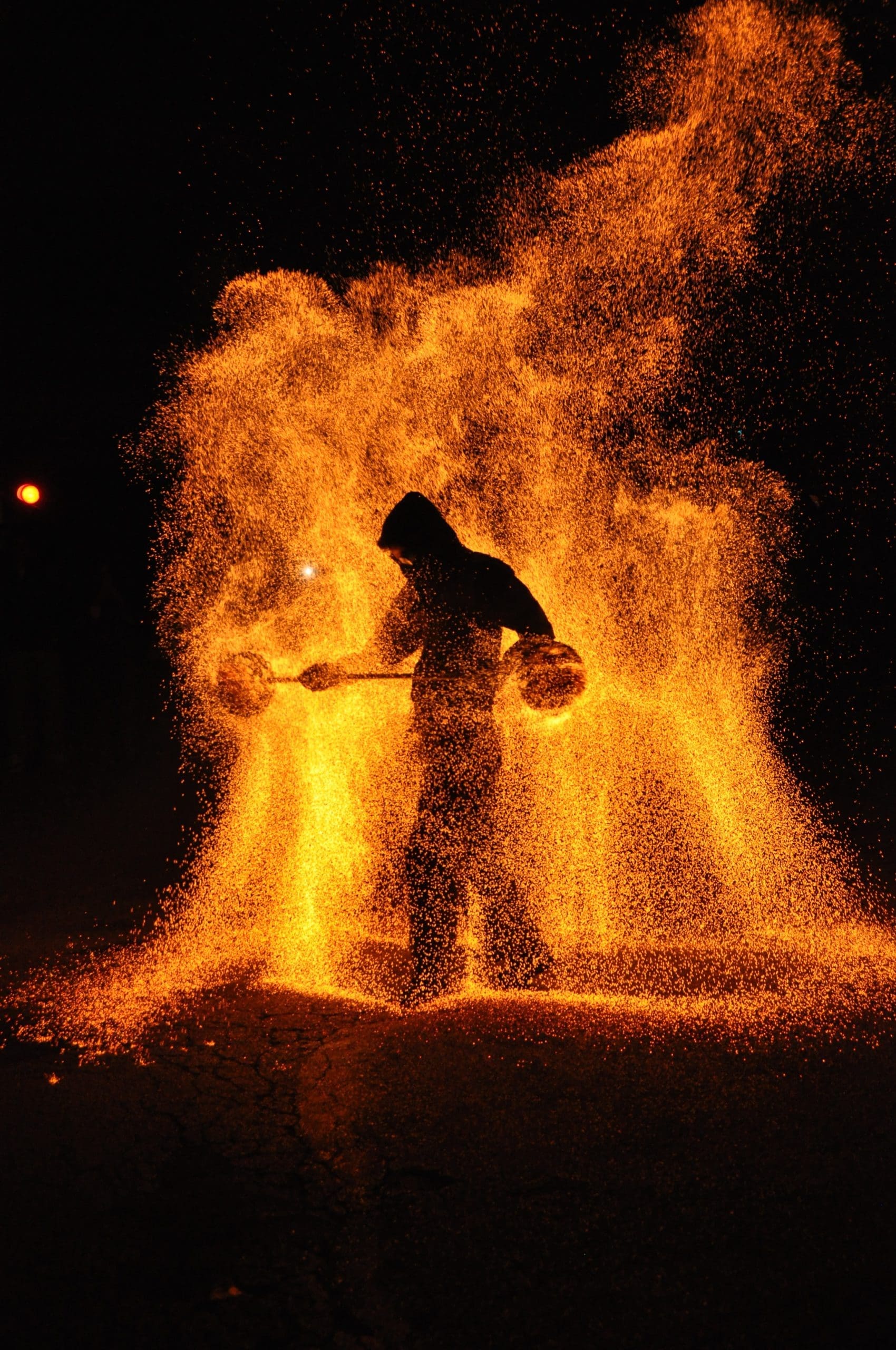







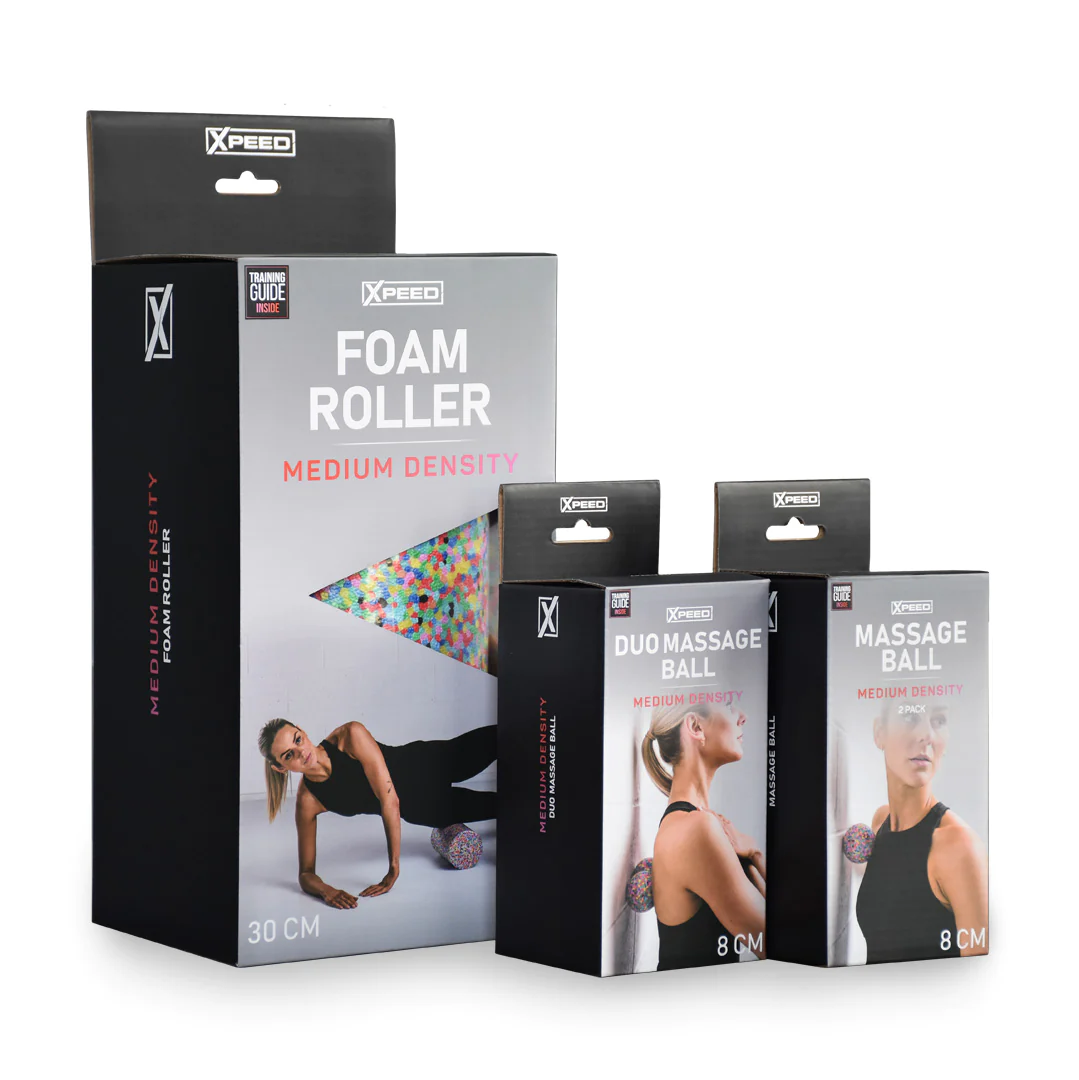
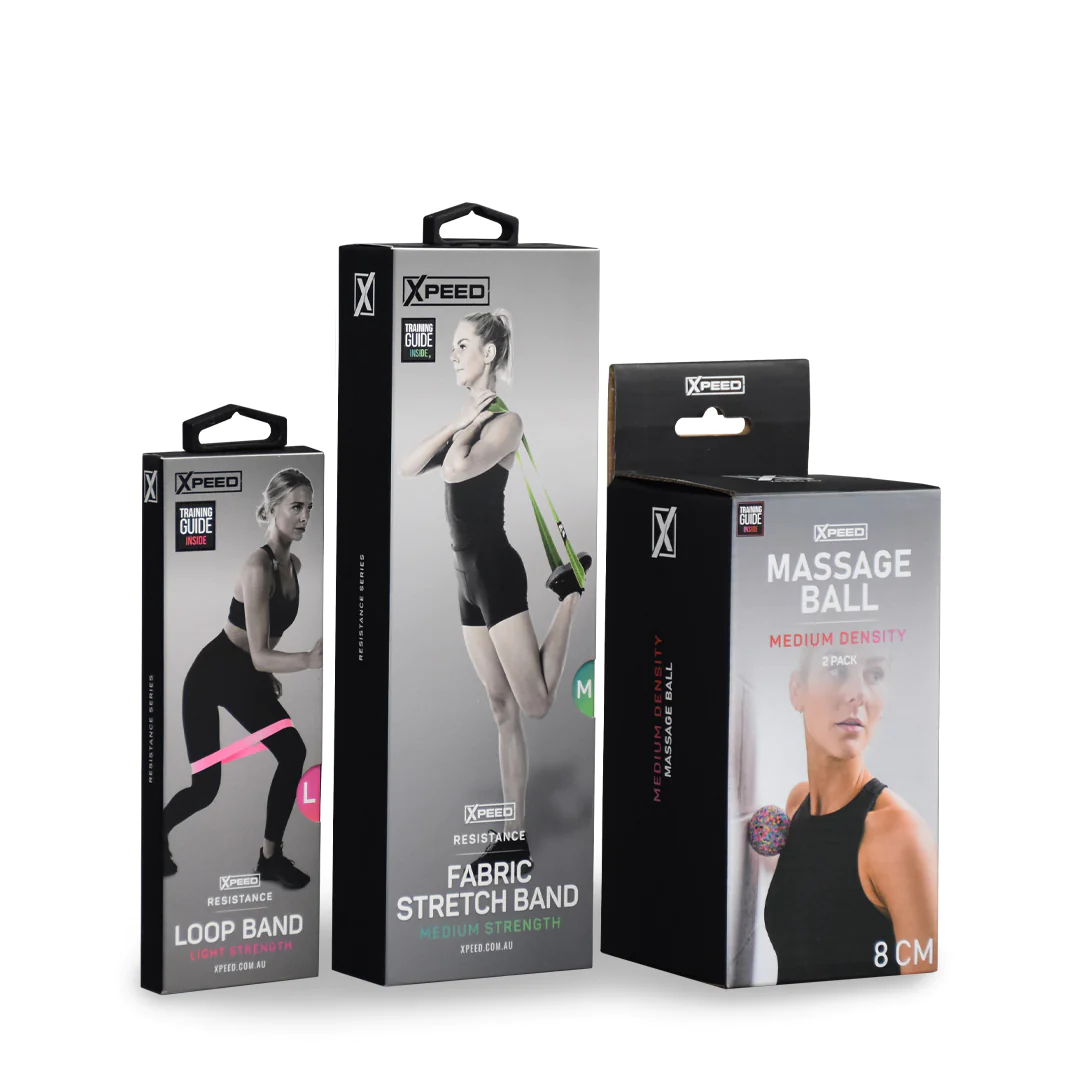
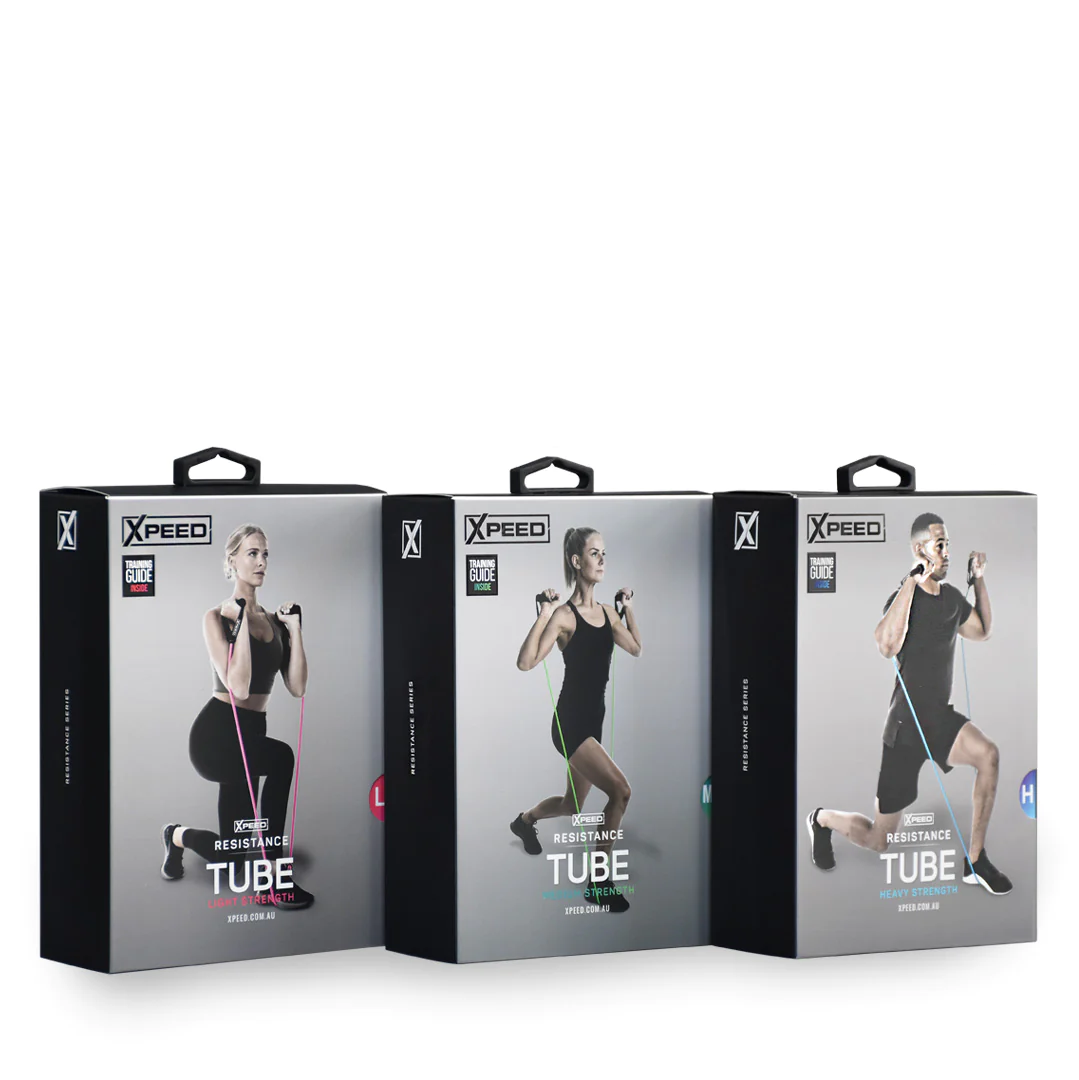
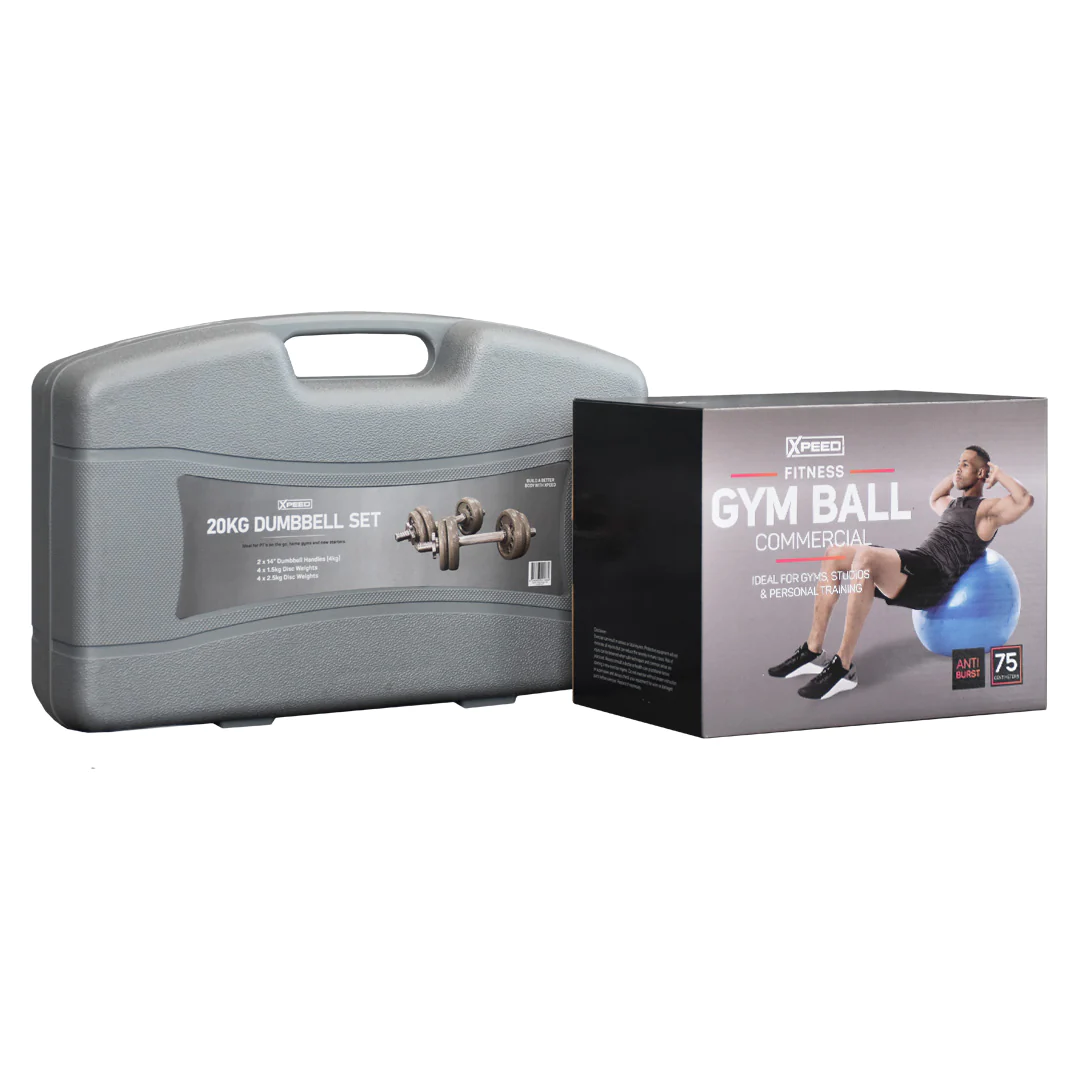
0 Comments